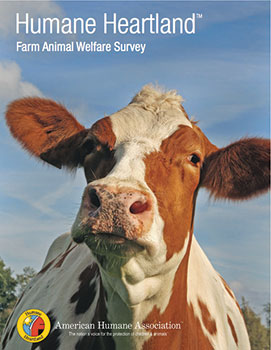 Consumer concern for animal welfare is growing, and many producers have acted to assure retailers and customers of their commitment to raising animals well with a high regard for animal welfare. Producers that do not prioritize animal welfare, or ones that stick with the “trust me” company line, are now having to defend their practices and are often left behind in buying choices.
Consumer concern for animal welfare is growing, and many producers have acted to assure retailers and customers of their commitment to raising animals well with a high regard for animal welfare. Producers that do not prioritize animal welfare, or ones that stick with the “trust me” company line, are now having to defend their practices and are often left behind in buying choices.
Our Humane Heartland Farm Animal Welfare Survey (http://www.americanhumane.org/assets/humane-assets/humane-heartland-farm-animals-survey-results.pdf) found that 89 percent of American consumers are very concerned about animal welfare. Of the more than 2,600 consumers surveyed, nearly 1,000 reported not buying humanely raised products simply because of a lack of availability.
With nearly 1 billion farm animals — 10 percent of U.S. farm animal production — covered by the science-based standards of our American Humane Certified program, we envision that “lack of availability” will soon be a thing of the past.
As more ethics-driven consumers seek to better understand the importance of animal welfare in food production, it is incumbent on all meat, dairy and egg producers to embrace the animal-welfare movement.
Animal welfare is a process of continuous improvement. Every day, we gather data and learn more about how to ensure the humane treatment of animals. In order to stay on top of science and best practices and to advance basic protections for farm animals raised for food, many producers work closely with their staff veterinarians to monitor animals in their care.
The American Humane Certified program, the nation’s first independent, third-party certification and audit program for farm animals, was developed with the input of veterinarians, animal-science specialists and practitioners, and continues today with our Humane Heartland Scientific Advisory Committee.
We rely on this distinguished group of world-renowned animal care experts to review and update our protocols, guidelines and standards, and to initiate and evaluate original and secondary research to guide us in determining the most current best practices.
Many producers can take advantage of certification programs to tap into the guidance and participation of their respective experts. At the heart of our program, we have 18 renowned scientists, including Dr. Temple Grandin of Colorado State University and Dr. Joy Mench of University of California-Davis, as well as recent appointees Dr. Charles Hofacre of University of Georgia and Dr. Guy Loneragan of Texas Tech University.
Animal-science experts can help ensure producers have the benefit of the latest global research, technological advances, best practices and new methods for animal welfare and well-being. They also can help make sure consumers have humane food choices that are driven by concern for animals, empathy and good science, as well as safe and affordable food.
Indeed, 74 percent of consumers report they are “very willing” to pay more for humanely raised meat, dairy and eggs, but animal welfare must remain attainable for all consumers — including those who may not be able to afford premium-priced products.
Third-party audit and certification, as well as scientific advisory boards of this nature give food producers an advantage of perspectives from specialists within their respective fields. Participating in this level of transparency and innovation provides food producers with consumer and retailer confidence in a food supply that all conscientious consumers can rightly feel good about. Learn more online at www.HumaneHeartland.org.
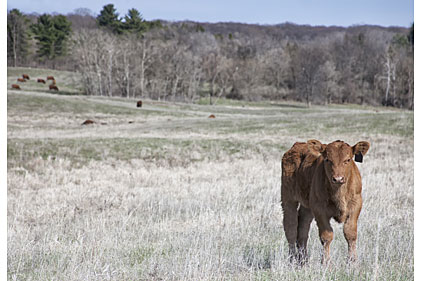

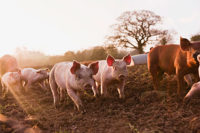

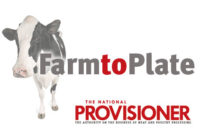
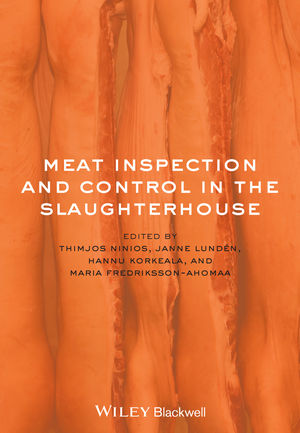
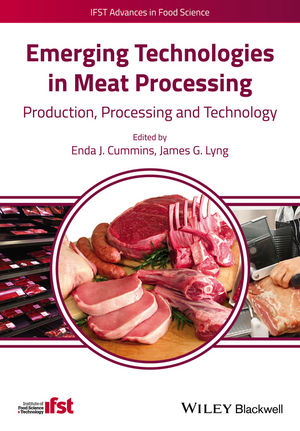
Report Abusive Comment